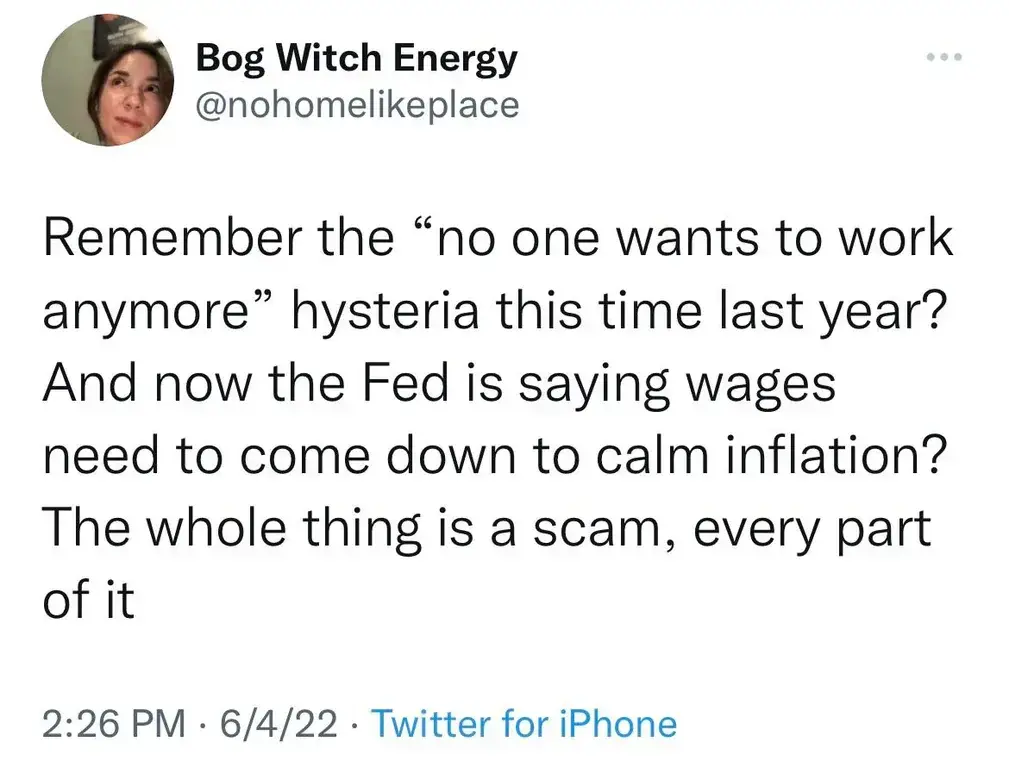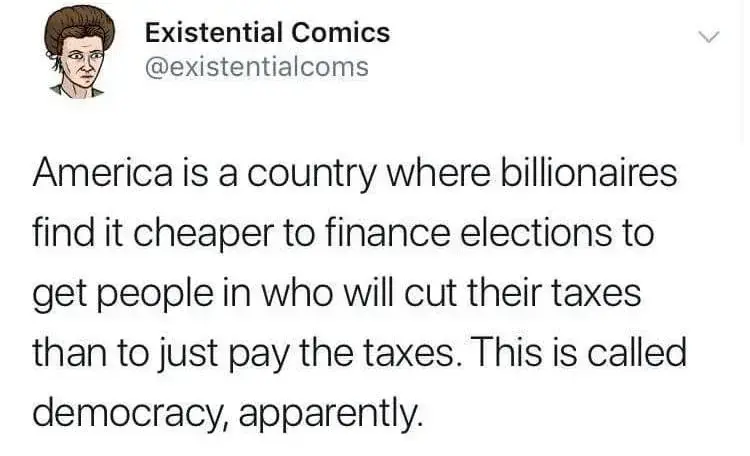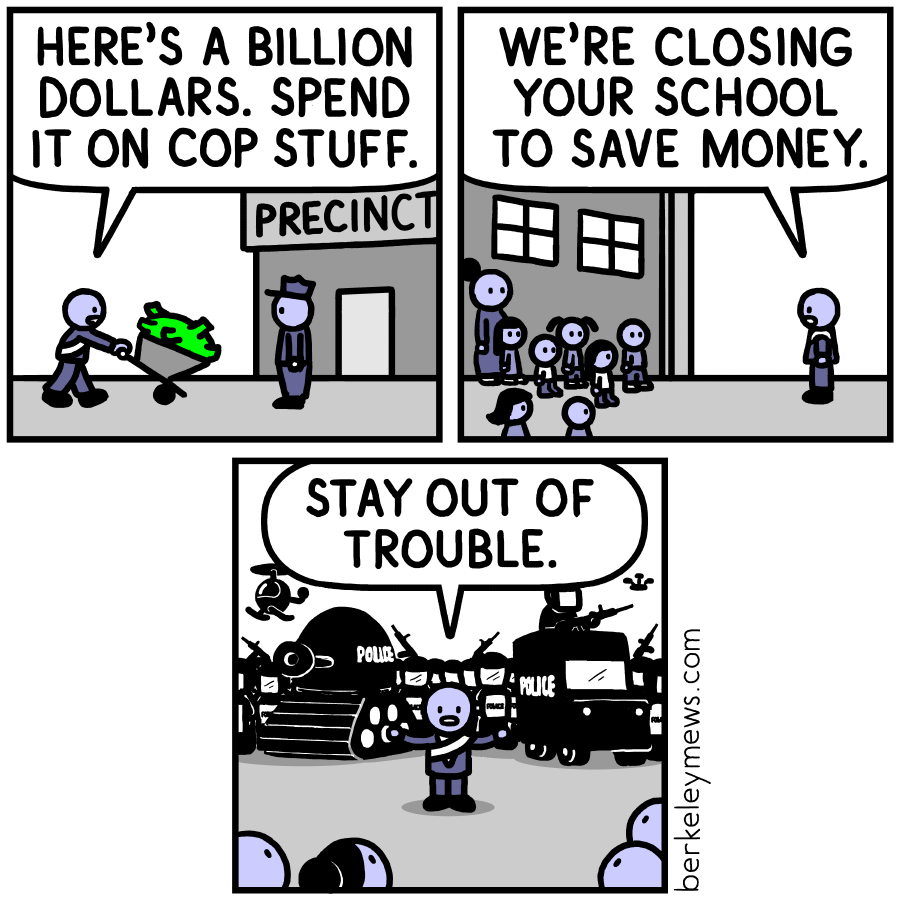For those of you who don't use a Paywall Bypass:
Nov 27 (Reuters) - The U.S. Securities and Exchange Commission on Monday adopted a financial crisis-inspired rule barring traders in asset-backed securities from betting against the same assets they sell to investors.
The SEC move is mandated by the Dodd Frank law, aimed at eradicating behavior seen in the 2008 global financial crisis.
The rule is among the last to be adopted under 2010's Dodd Frank Wall Street reform legislation and faced a winding road to completion. An earlier version on traders' "conflicts of interest" was first proposed in 2011 but never finalized.
The rule blocks "securitization participants" from entering deals that involve shorting or buying credit-default swaps against those same securities. Parties covered by the rule include underwriters, placement agents and sponsors for asset-backed securities.
The rule exempts activities such as hedging risk and market-making.
In a statement, SEC Chair Gary Gensler said the rule applied to a market that "was at the center of the 2008 financial crisis."
In concessions to industry, SEC officials said they had modified the proposal first issued in January to carve out exceptions for affiliates who do not act in concert with traders. Another exception is for investors with "long" positions, as opposed to those who are short, or betting that the securities will decline in value.
Four of the SEC's five members voted to approve the rule. Republican Commissioner Hester Peirce, a frequent critic of the SEC's rulemaking agenda who had approved the January proposal with reservations, voted against it.
Goldman Sachs (GS.N) agreed in 2010 to pay a record $550 million penalty to resolve SEC allegations that it had misled investors. A Senate investigation later revealed how the bank had marketed mortgage-backed securities without disclosing substantial bets that these assets would lose value.
The SEC says it will require compliance with the rule for asset-backed securities with closing dates falling 18 months after the rule appears in the Federal Register.
Reporting by Douglas Gillison; Editing by David Gregorio and Marguerita Choy







Rip BTC owners :(